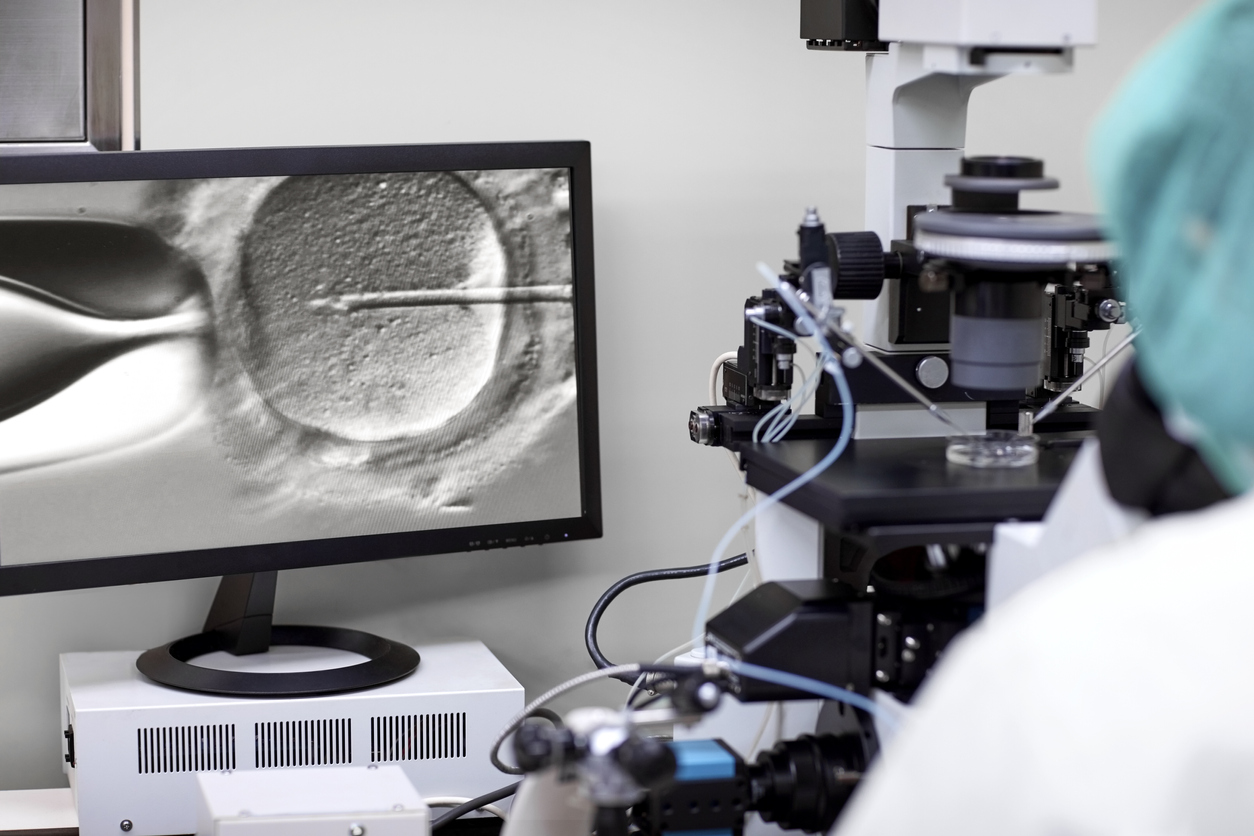Patient Management and Clinical Recommendations During the Coronavirus (COVID-19) Pandemic

"Patient Management and Clinical Recommendations During the Coronavirus (COVID-19) Pandemic
As of March 17, 2020
Read these ASRM recommendations here.
Along with others in the global community, reproductive medicine professionals and their patients are battling an unprecedented viral pandemic.
The priority of the ASRM is to maximize the wellbeing of patients, staff, and society at large. As such, ASRM aims to provide guidance and support based on existing scientific knowledge, to its members and the patients they care for during the coronavirus (COVID-19) pandemic.
This guidance addresses a gap in current guidelines addressing COVID-19, which only indirectly mention infertility and its treatment.
The recommendations laid out in this document are guided by COVID-19’s steep daily rise in incidence, the impact of the virus on patient health and fertility care providers, and the known and unknown impact of coronavirus on fertility, pregnancy and transmission patterns. These recommendations are aimed at guarding the health and safety of patients and providers, while also recognizing that it is our social responsibility, as an organization and as a community of providers and experts, to comply with national public health recommendations and apply them to all reproductive settings during this unprecedented time.
The role of ASRM during this pandemic is to proactively do our share in blunting the impact of this pandemic, while recognizing the need to safeguard limited health infrastructure resources. However, we also understand our patients’ time-sensitive aspirations to achieve pregnancy, and so we will regularly reassess these recommendations with a hope to resume initiation of comprehensive fertility care as soon as possible.
This guidance recommends the following:
-
Suspend initiation of new treatment cycles, including ovulation induction, intrauterine inseminations (IUIs), in vitro fertilization (IVF) including retrievals and frozen embryo transfers, as well as non-urgent gamete cryopreservation.
-
Strongly consider cancellation of all embryo transfers whether fresh or frozen.
-
Continue to care for patients who are currently “in-cycle” or who require urgent stimulation and cryopreservation.
-
Suspend elective surgeries and non-urgent diagnostic procedures.
-
Minimize in-person interactions and increase utilization of telehealth.
*Note: This guidance will be revisited periodically as the pandemic evolves, but no later than March 30, 2020, with the aim of resuming usual patient care as soon and as safely as possible."